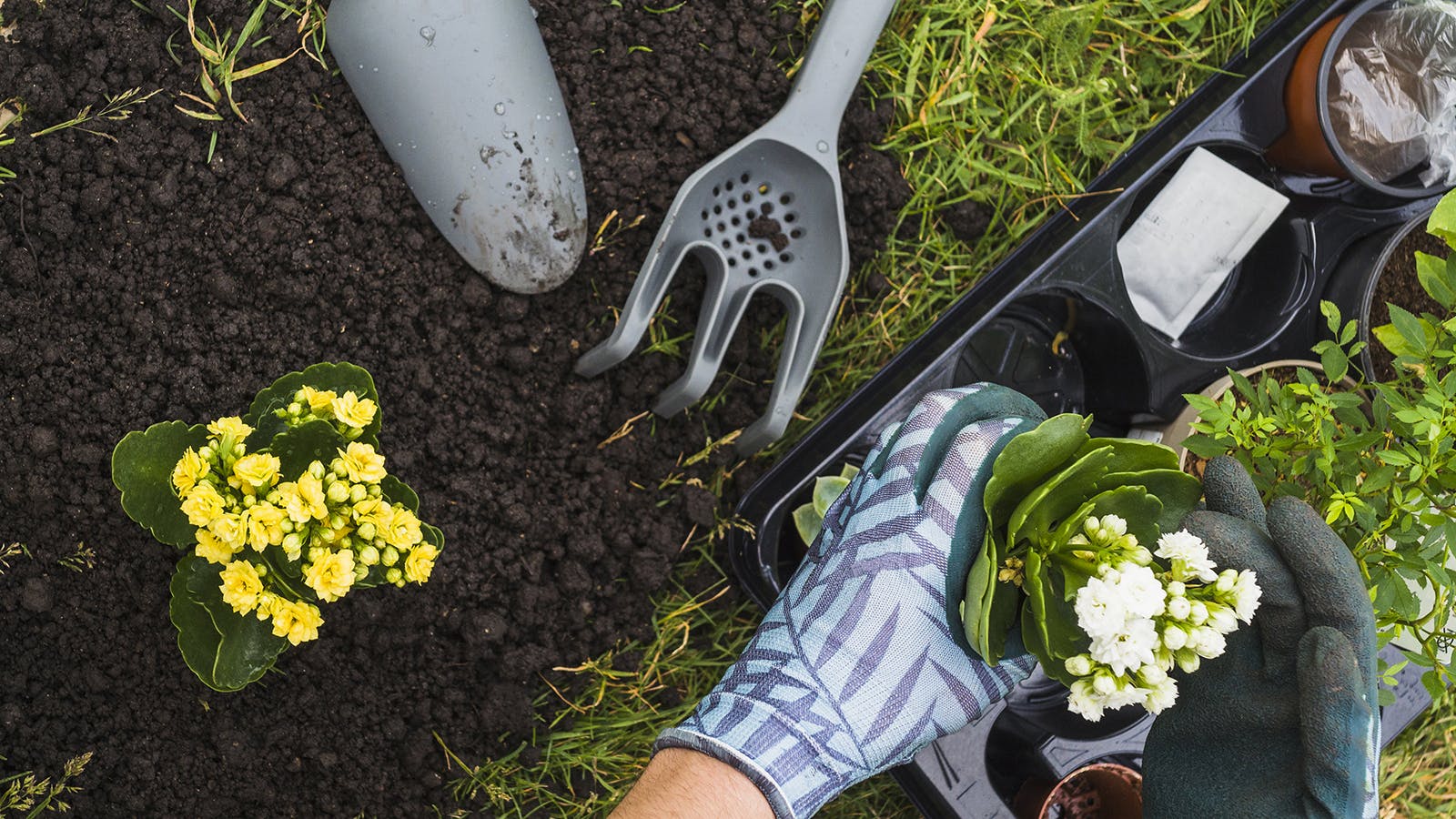
Gardening can be a great way to provide your family with fresh, organic fruits and veggies. Although they can bring joy and satisfaction, gardens large and small can also put a squeeze on your wallet. But that doesn’t have to be the case. Here are a few tips to minimize the strain a garden can have on your energy bills, and maybe even help the planet at the same time.
Naturally, water is perhaps the biggest ongoing energy expense for a garden. The U.S. Environmental Protection Agency recommends watering whenever it’s coolest, typically early in the morning. This will prevent the majority from being evaporated by the sun before reaching your thirsty plants.
It’s also a great idea to set up rain barrels that can be used to either water inside plants or save you from turning on the sprinklers or hose next time the garden needs dampening. It’s also important to pay attention to your sprinklers to ensure they are being used as efficiently as possible – watch them occasionally to be sure they’re hitting their targets and not the street or sidewalk.
Another great energy-saver has to do with the landscaping itself. For starters, changing your mower’s cutting height to leave grass longer is actually a good thing. Taller grass shades roots better, which reduces both weed growth and water needs.
It’s also wise to plant things indigenous to where you live. Native flowers and foods will naturally survive better and typically require less special care or extra food and water. The National Audubon Society has a great zip code feature that will let you look up plants native to your region.
If you’re able, it also pays to plant your garden somewhere that water runoff reaches other plants and isn’t just wasted. Planting trees around your home carries some risk, especially if you live somewhere prone to high winds, but the extra shade and windbreak can help reduce heating and cooling costs across seasons. Shrubs near walls or vines that cast shadows over windows are also good energy-saving alternatives.
Whether you possess a green thumb or not, gardening can be extremely rewarding. Follow some of these tips and you’ll have a garden, and utility bill, that makes you smile in no time!
OMB and its affiliates do not provide legal, tax or accounting advice. You should consult your legal and/or tax advisors before making any financial decision.
Plan for Anything
Our 40+ free financial calculators can help you finesse your budget, compare borrowing costs, forecast earnings and so much more.


